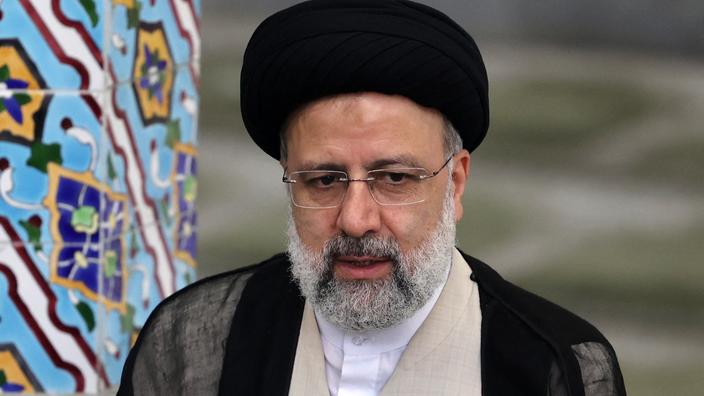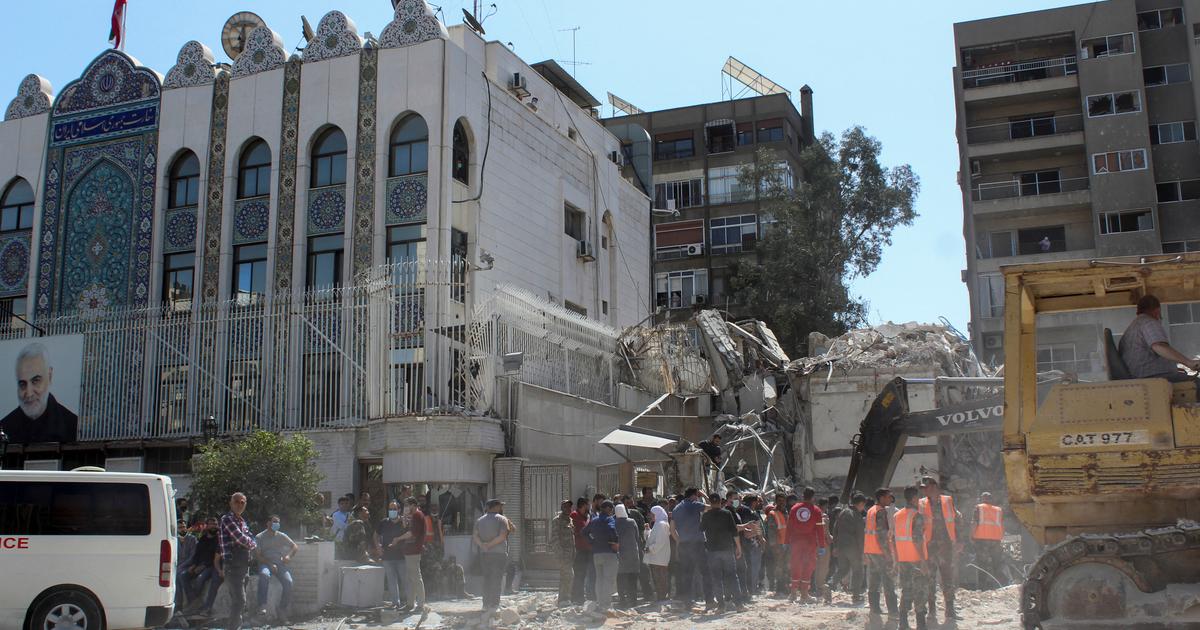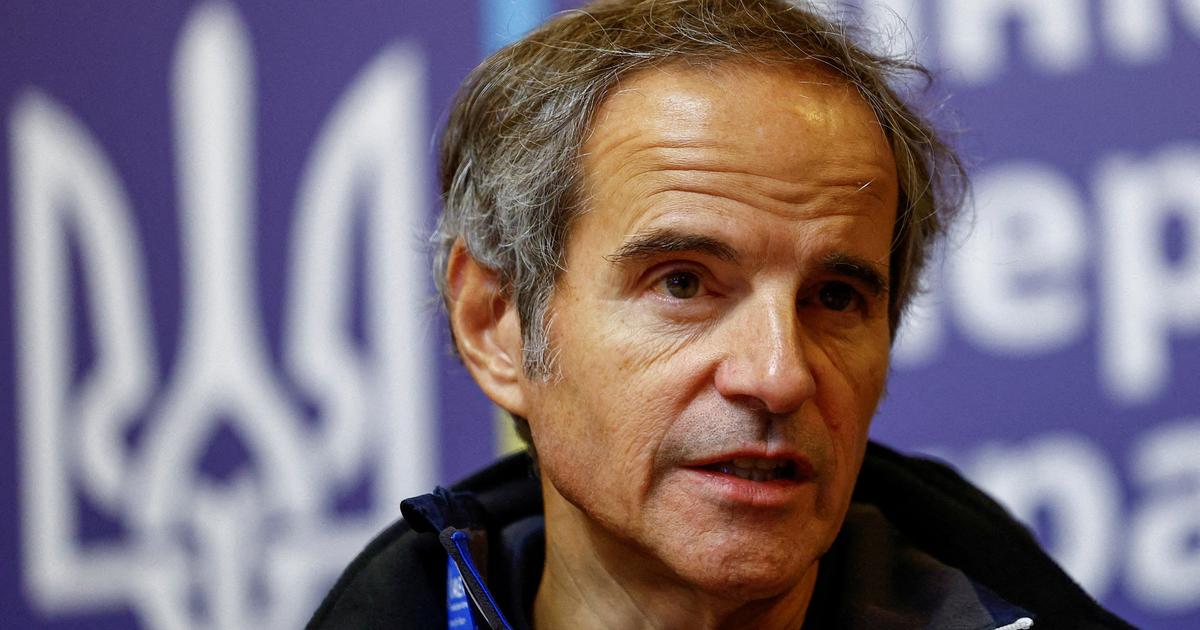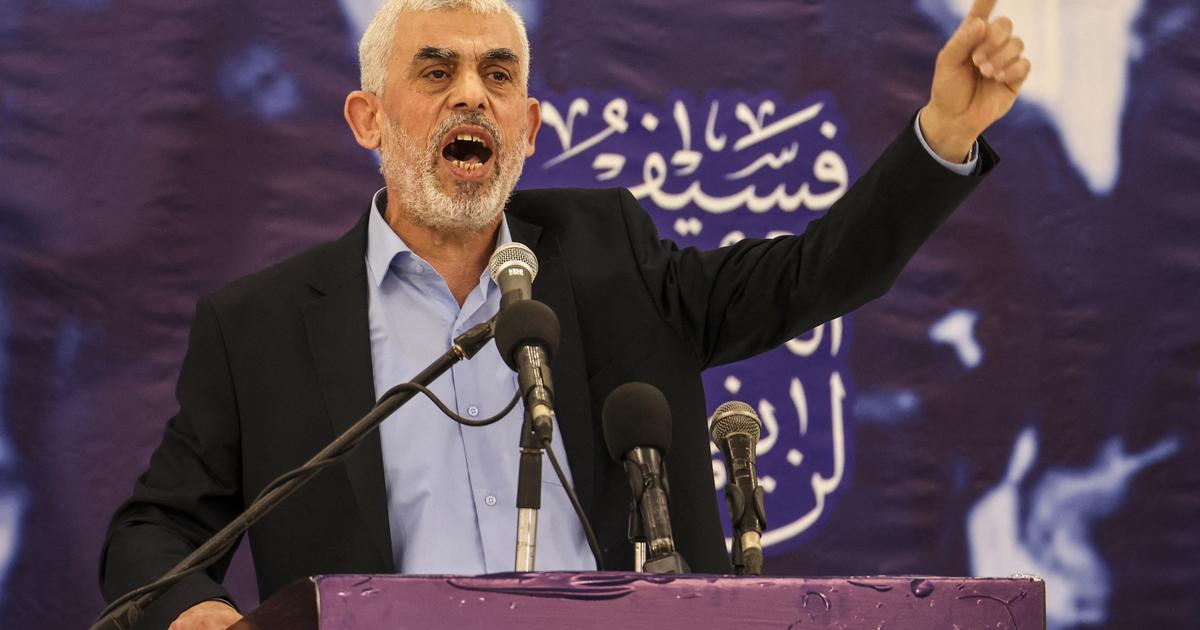Still wearing his black turban and wearing a long religious cloak, the next Iranian president, Ebrahim Raïssi, is an austere man who presents himself as the champion of the underprivileged classes and the fight against corruption.
Head of the Judicial Authority, this 60-year-old hodjatoleslam (rank lower than ayatollah in the Shiite clergy), ultra-conservative and without qualms, is an assumed supporter of order.
Read also: Iran: how the entourage of the Supreme Leader and the Revolutionary Guards took over the state apparatus
He is on the blacklist of Iranian officials sanctioned by Washington for "
complicity in serious human rights violations
", accusations swept aside as null and void by the authorities in Tehran.
Having promised a "
relentless fight against poverty and corruption
", he was elected with more than 62% of the votes in the first round of the presidential election on Friday, to succeed, in August, the moderate Hassan Rohani, according to almost final results.
It was his second presidential election.
In 2017, he failed with 38% of the vote against Rohani, reelected in the first round.
A long judicial career
Born in November 1960 in the holy city of Mashhad (North-East), Ebrahim Raïssi was appointed Attorney General of Karaj, near Tehran, at only 20 years old, in the wake of the victory of the Islamic Revolution of 1979. He will remain more than three decades in the judicial system: Attorney General of Tehran from 1989 to 1994, he was Deputy Head of the Judicial Authority from 2004 to 2014, the year of his appointment as Attorney General of the country.
Read also: Iran: how the entourage of the Supreme Leader and the Revolutionary Guards took over the state apparatus
In 2016, Supreme Guide Ali Khamenei placed him at the head of the powerful charitable foundation Astan-é Qods Razavi, which manages the mausoleum of Imam-Réza in Mashhad as well as an immense industrial and real estate heritage.
Three years later, he appointed him head of the Judicial Authority.
Without much charisma and always wearing a black turban of "seyyed" (descendant of Mahomet), Raïssi, beard pepper and salt and thin glasses, followed the courses of religion and Islamic jurisprudence of Ayatollah Khamenei.
According to his official biography, he has been teaching himself since 2018 in a Shiite seminary in Mashhad.
Several Iranian media see him as a possible successor to the Supreme Leader, 82 this year.
Raïssi is also a member of the executive committee of the Assembly of Experts, which is responsible for appointing the Guide.
Bringing together Iranian society
Married to Jamileh Alamolhoda, professor of education at the Chahid-Béhechti University in Tehran, with whom he had two daughters who graduated from higher education, Ebrahim Raïssi is the son-in-law of Ahmad Alamolhoda, prayer imam and provincial representative of the Guide to Mashhad, the second largest city in Iran.
Undoubtedly aware that he must try to bring together an Iranian society divided on the question of individual freedoms - on which Rohani disappointed as much as he promised - he pledged to be the defender of "
freedom of" expression
”,“
fundamental rights of all Iranian citizens
”and“
transparency
”.
Read also: Iran: three tenors dismissed from the presidential election
Promises in which reformers and moderates do not believe for a moment, seeing in Ebrahim Raïssi a scarecrow whose political inexperience they denounce, which would make him unfit to govern, according to them.
Tells him that he wants to form a "
people's government for a powerful Iran
" and promises to exterminate the "
centers of corruption
", on the strength of what he has undertaken within the Judicial Authority, where the widely publicized corruption trials targeting high officials of the State have multiplied, but also, a new fact, trials against judges.
Massive executions
For the opposition in exile and human rights organizations, Raïssi's name remains associated with the mass executions of Marxist or leftist detainees in 1988, when he was deputy prosecutor at the Revolutionary Court in Tehran. Asked in 2018 and 2020 on this black page of recent history, he denied having played any role there, but paid "
tribute
" to the "
order
" given according to him by Ayatollah Khomeini, founder of the Islamic Republic, to proceed with this purification.
Supporter of the strong way against the Green Movement, against the re-election of Mahmoud Ahmadinejad to the presidential election of 2009, he declared at the time: "
To whomever speaks to us of "Islamic compassion and forgiveness", we answer: we will continue to face the rioters until the end and we will uproot the sedition.
"











/cloudfront-eu-central-1.images.arcpublishing.com/prisa/KMEYMJKESBAZBE4MRBAM4TGHIQ.jpg)



